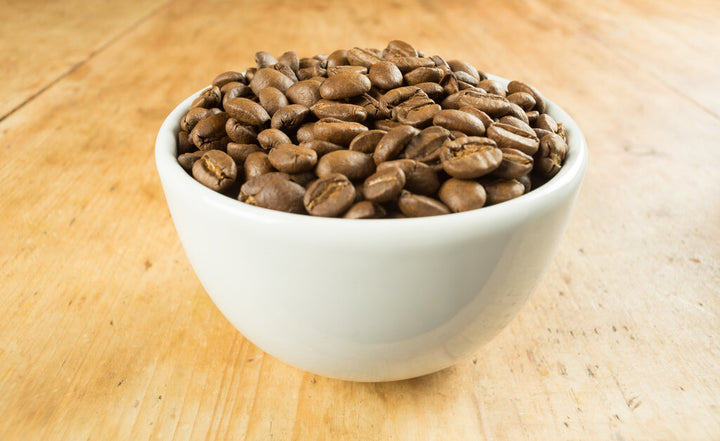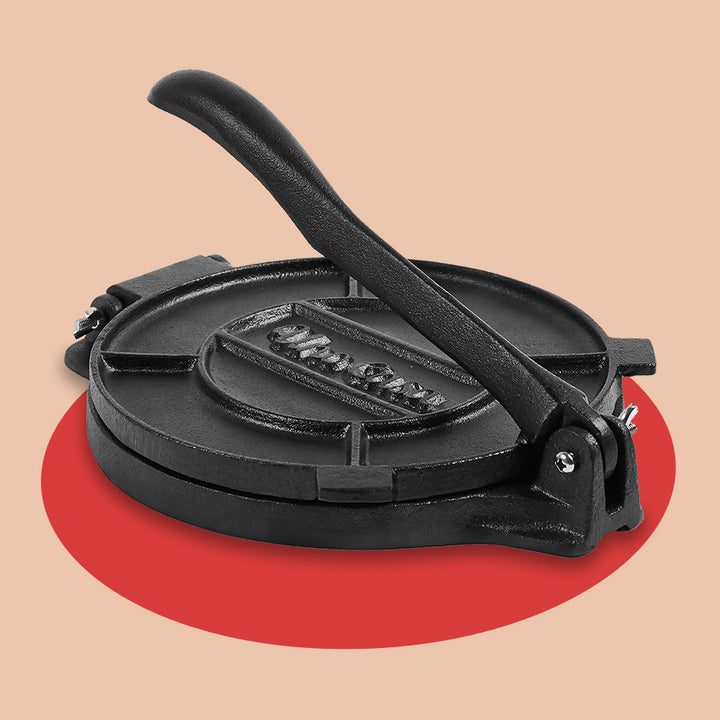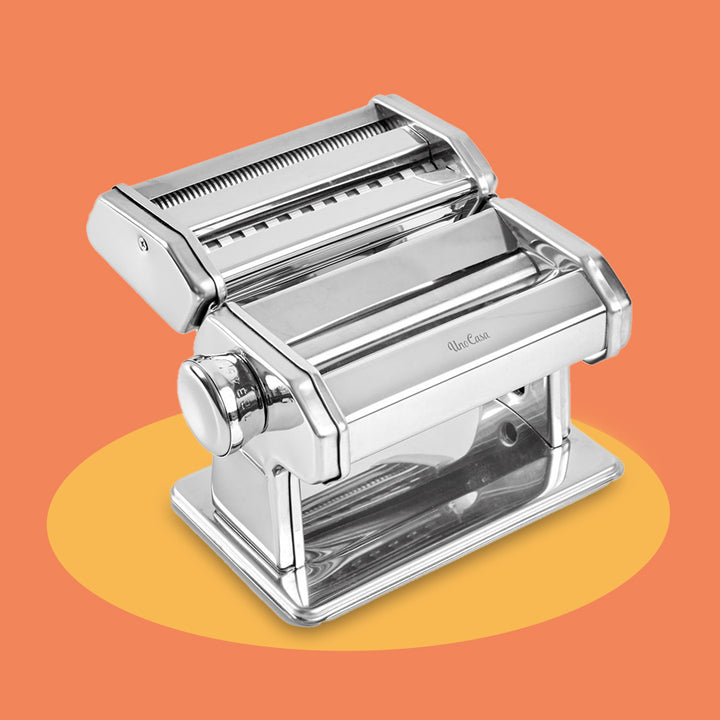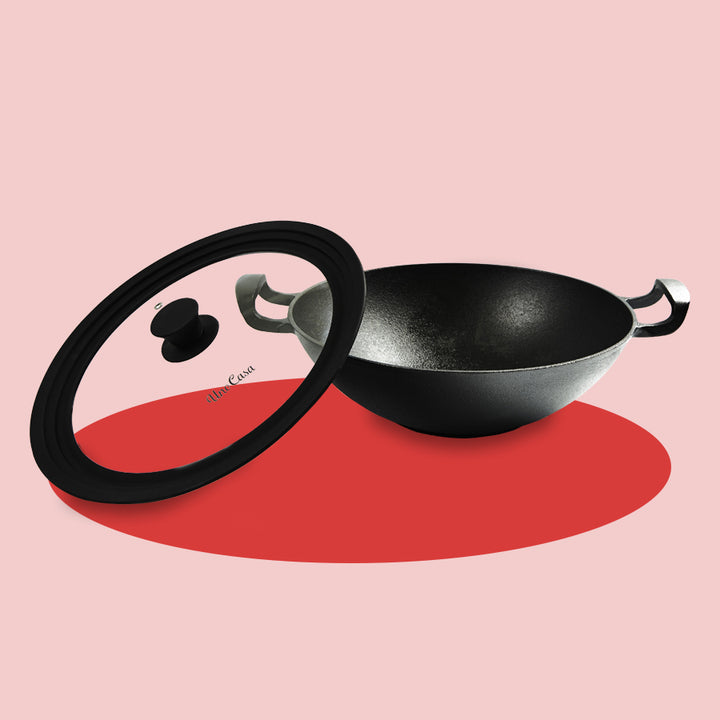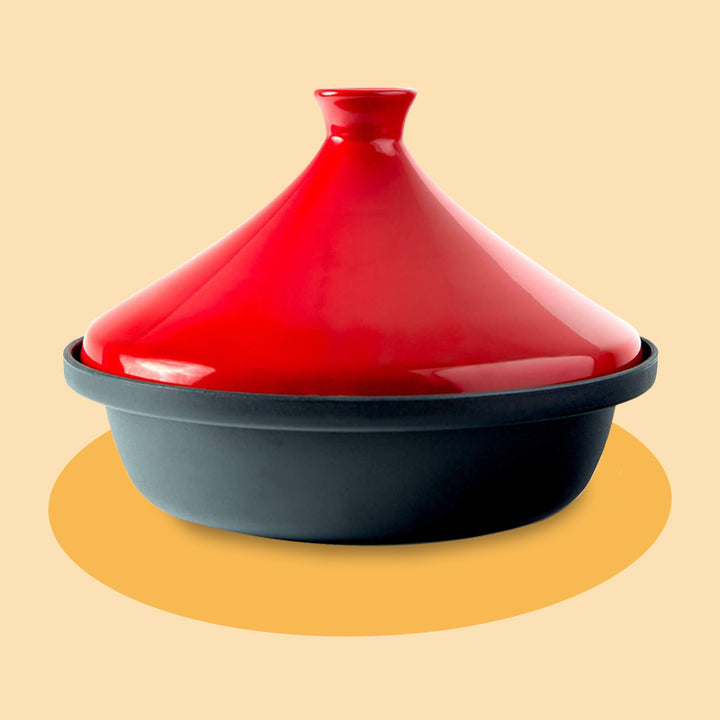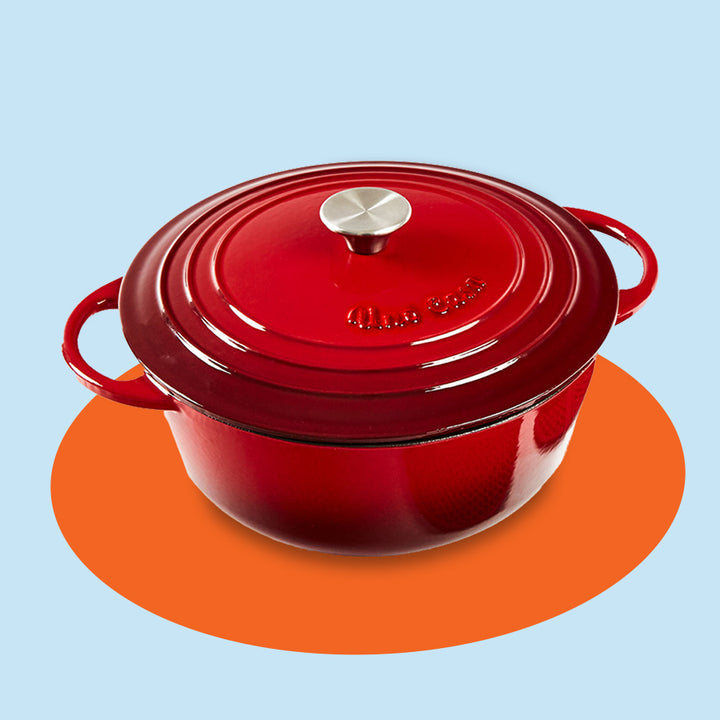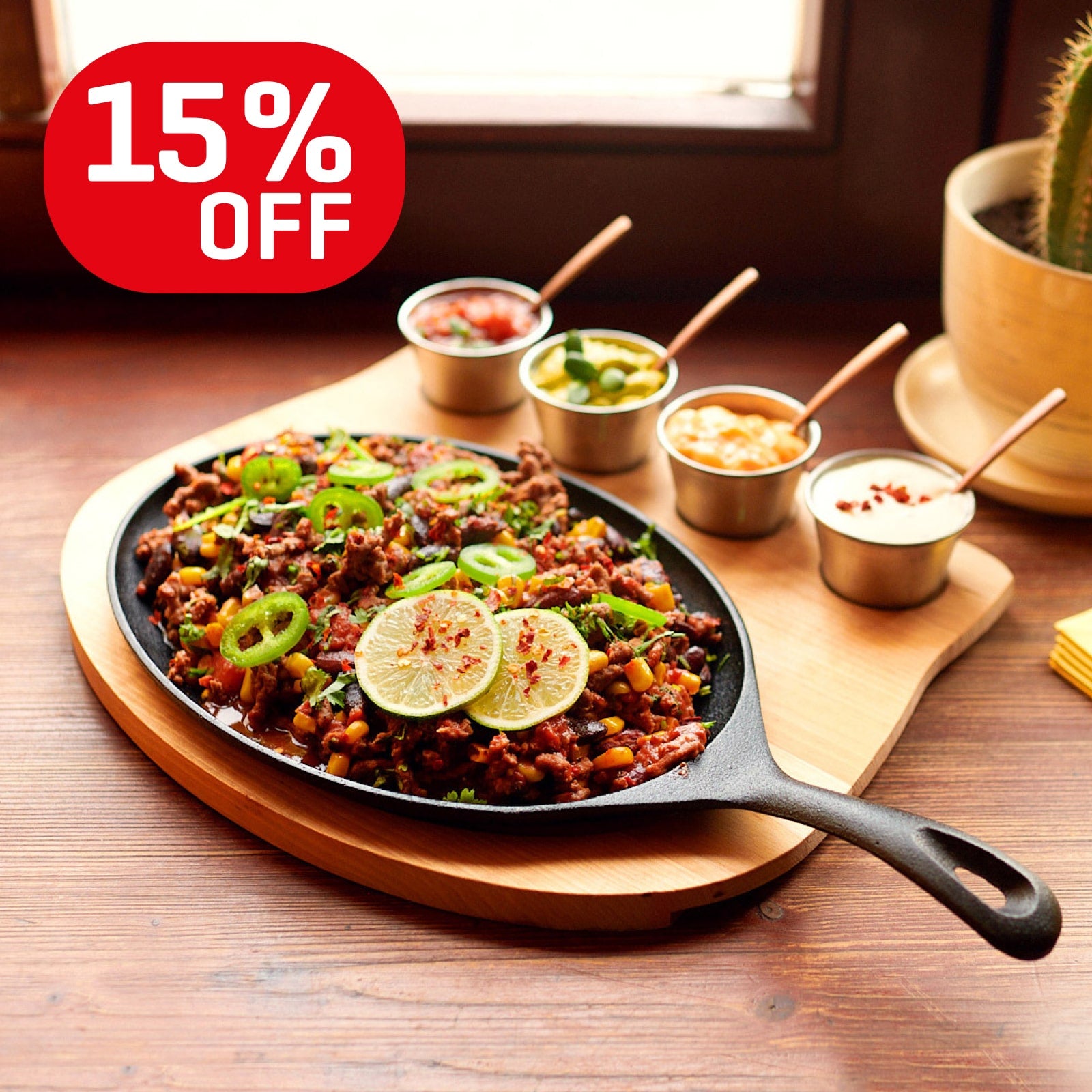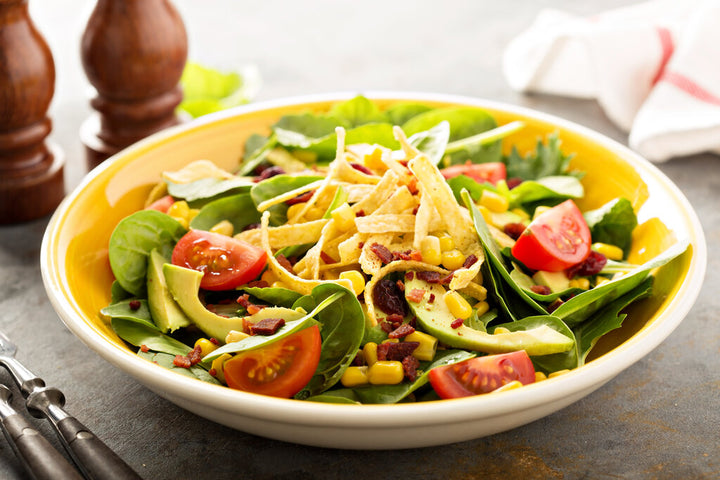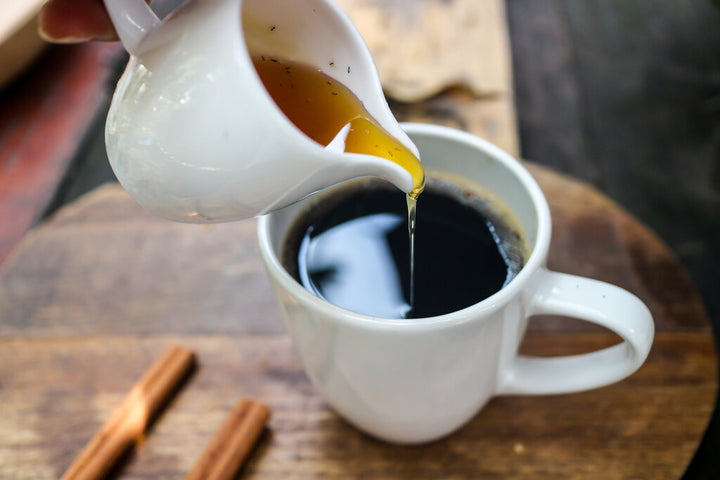White Coffee: Everything You Need To Know For A Tasty Brew!
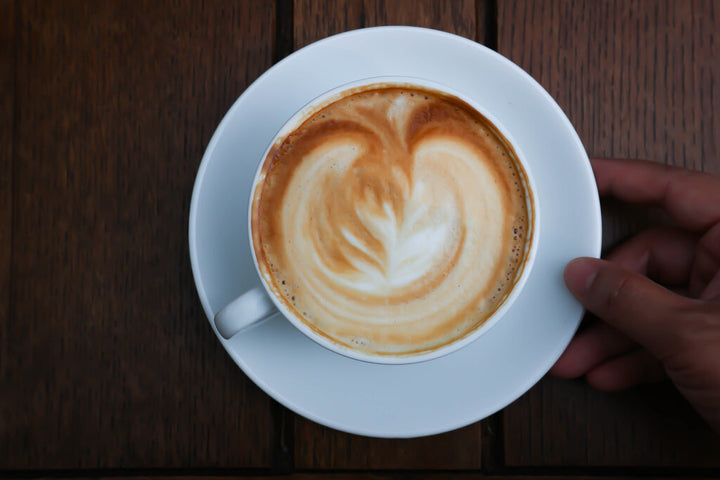
White coffee is one of the latest coffee trends among coffee lovers, and many who would not consider themselves a fan of coffee in general!
White coffee is a type of coffee prepared with a lightly roasted bean (we aren’t talking about milky coffees, here) with a unique nutty taste and smooth finish.
White coffee is becoming more common in coffee shops, where it’s usually prepared in the espresso fashion. It’s also easy to prepare white coffee at home with the right beans using a traditional pour-over coffee maker and a gooseneck kettle.
Are you bored of black coffee? Then keep reading, and let’s learn everything there is to know about white coffee!
What is white coffee?
So what is white coffee? This is where things can get confusing, but rest assured, white coffee isn’t some complex or challenging to prepare drink!
Things can get confusing because the term ‘white coffee’ is a term that’s used differently in different locations. For instance, ordering a white coffee in many European countries means you’re asking for a coffee with milk. In Australia, it can more specifically be a Flat White.
Forget those brews because we are talking about something completely different. Our white coffee is both new to the scene, yet it’s also been around (in the shadows) for centuries. We are talking about a type of coffee prepared using white coffee grounds.
White coffee beans have a lighter color compared to the black (darker roasted) beans that we have come to expect, hence the name ‘white coffee.’ The hot white espresso prepared from these light beans also has a much lighter complexion compared to a standard brew, so again, we get the term ‘white coffee.’
White coffee has a whole host of different flavors and aromas, and it’s these unique characteristics that are helping raise its profile and popularity (but we’ll get to these shortly).
How to make white coffee?
Coffee, both black and white, is prepared from coffee beans. But what is white coffee prepared from (or how is it prepared) that makes it different from black coffee?
Coffee beans begin life as the green seeds of red fruits. The red fruit is pulped away after being picked on the farm, leaving a green coffee bean behind.
While we might assume that coffee beans are always brown or black, this color is actually only the result of the roasting process. Up until they are chucked in the roaster, all coffee beans are a shade of green.
This dark complexion is achieved by roasting beans at a temperature of 450 degrees Fahrenheit (and sometimes slightly higher). White coffee beans, on the other hand, are roasted at a much lower temperature than this.
The lighter color is the result of a roasting process that occurs at 325 degrees Fahrenheit. This not only achieves a lighter, white color but results in a much harder bean, with very different characteristics. Because the bean is much harder, coffee shops often need a special grinder to get the bean ground down enough to be brewed.
Where did white coffee originate?
White coffee might be the newest addition to your local coffee shop, but it’s a roasting and brewing style that’s been around for hundreds of years. In fact, this is one of the most traditional methods of preparing coffee because the brew originates from one of coffee’s traditional homelands, Yemen.
Yemenis have been growing and drinking coffee longer than most, and many of the world’s most abundant varieties of coffee beans originated here. The traditional Yemeni technique is essentially the same as the commercial white coffee technique you’ll see in the coffee shop, although there are no fancy barista machines. Yemenis also add a number of different spices to the coffee to complement the flavor.
Are white coffee beans different from dark coffee beans?
The actual beans used to prepare white coffee are the same beans used to prepare dark coffee. The exact bean that goes into creating your white coffee cup depends on which coffee shop you’re in or which white coffee beans you pick up at the store!
Commonly, it’s the classic arabica or robusta beans (the most widely available beans) used for white coffee (or a blend of the two). The beans do also affect the overall taste of a cup of coffee, but the primary distinction for white coffee is the roasting process.
What does white coffee actually taste like?
Finally, let’s talk about taste. Now you know ‘what is white coffee,’ if you’ve never tried a white coffee brew before, you’re probably wondering what it actually tastes like. How does it differ from a standard cup of dark roasted coffee?
White coffee beans are essentially ‘under-roasted,’ which brew a unique flavor that’s very distinct from fully roasted beans. The lower roasting temperature ensures that the coffee bean not only keeps its shape (it’s much harder) but that it’s not broken down to the same extent as darker beans.
This keeps some characteristics intact but also means that other traits aren’t released. The result is coffee that’s smooth and mellow, with almost zero bitterness to it. The taste itself is commonly described as ‘nutty,’ as you’re getting the full flavor of the bean itself, rather than the compounds released through roasting.
While the bitterness is removed, drinkers should be aware that white coffee beans have a much higher acidity level than dark beans. Everyone has a different palate, though, so whether this is a positive or negative is down to your personal preferences!
Does white coffee have more caffeine than dark coffee?
Taste aside, coffee is often brewed up for its caffeine content; after all, it’s coffee that gets many of us up in the morning!
So does lighter coffee have more caffeine? Caffeine lovers will be happy to know that, yes, white coffee caffeine content is higher than regular coffee!
This is again down to the roasting. Coffee beans roasted at higher temperatures begin to lose their caffeine content as the heat and the roasting process essentially break it down.
This means that if you were to roast the same beans at a lower temperature, the caffeine content would be higher than the beans roasted at a higher temperature. Because white coffee beans are roasted at lower temperatures than darker beans, the resulting caffeine content, therefore, remains much higher.
If you’re after a caffeine hit, go for white coffee!
Can I make white coffee at home?
The actual process of preparing a cup of white coffee from the beans is the same as preparing a cup of coffee using dark beans. The major difference between dark and white coffee beans is found in the roasting process. White coffee requires a much lower roasting temperature than dark coffee.
That means it’s easy to prepare your own cup of white coffee at home, as long as you have the right beans. You can find pre-roasted white coffee beans in the same aisle as your standard coffee beans in your local store. Because white coffee beans are so much harder than regular coffee beans, they are usually sold pre-ground. This saves you the task of grinding the beans at home!
While coffee shops prepare white coffee like espresso, you can use a coffee maker or the pour-over method at home for excellent results.
Why not make white coffee for your next brew?
White coffee is a wonderfully light brew with very little bitterness. Prepared using traditional coffee beans such as arabica or robusta, the distinct traits come from the roasting. White coffee beans are roasted at much lower temperatures, giving them unique characteristics that are very different from fully roasted, darker coffee beans.
You can find white coffee as a specialty option in an increasing number of coffee shops, but now that you know how to make white coffee at home, you can try it anytime. It’s the perfect brew if you’re looking to try something new or if you’re not a fan of darker roasts!
Why not bookmark our guide to white coffee for later?
Leave a comment
Comments will be approved before showing up.
Also in Tips
